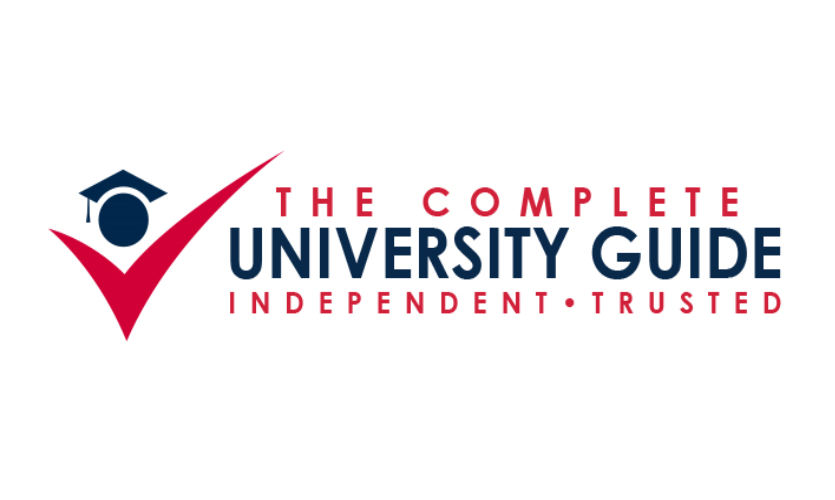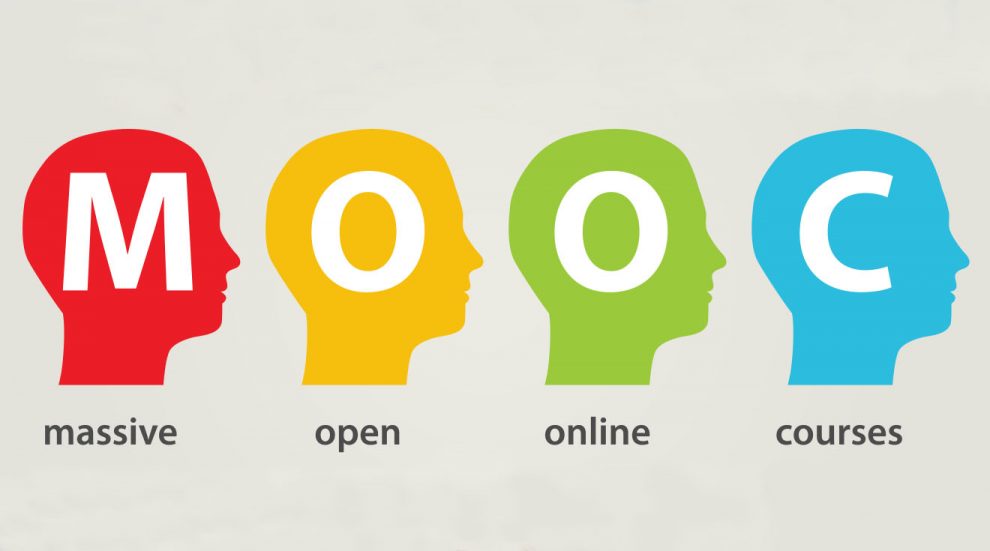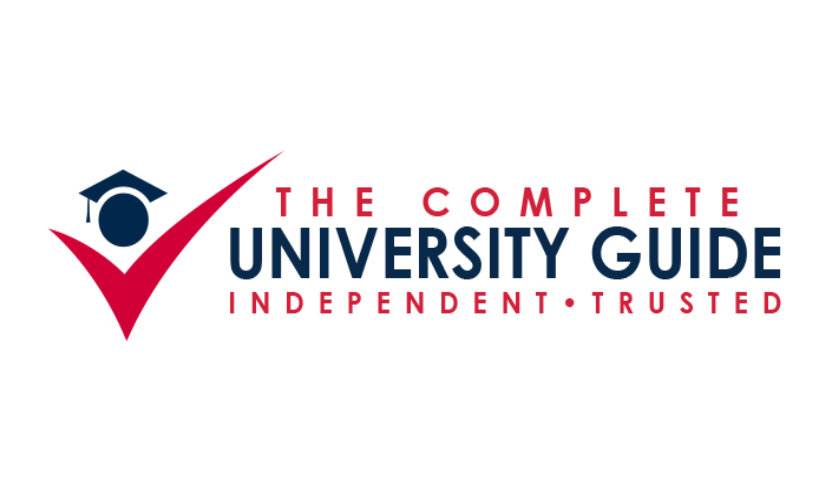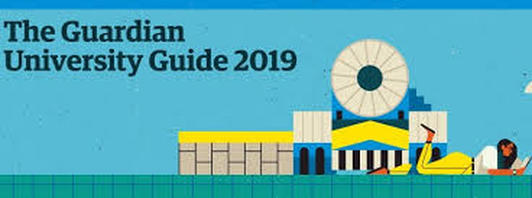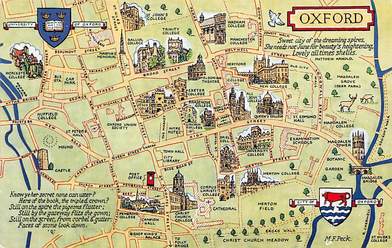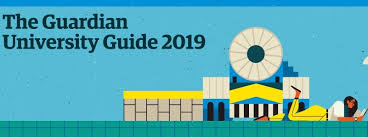
Hodder Education's
Psychology Review Centre Spread on the studying Psychology at University can be found here |
| ||||||

UCAS Predictions
Grade predictions are made by the Head of Department (VE). These grades have to be based on evidence
from:
- the Year 12 mocks exams;
- regular tests and assignments throughout the A Level courses; and
- the student’s GCSE grades.
The door will remain ajar for students to improve upon their predicted grades. The Psychology department gives students further opportunities with internal exams at the start of September.
Grade predictions are made by the Head of Department (VE). These grades have to be based on evidence
from:
- the Year 12 mocks exams;
- regular tests and assignments throughout the A Level courses; and
- the student’s GCSE grades.
The door will remain ajar for students to improve upon their predicted grades. The Psychology department gives students further opportunities with internal exams at the start of September.
|
| ||||||||||||
Why Psychology very rarely predicts A*s
In Psychology, we so rarely predict A*s for UCAS. This is because the evidence has suggested that few of the institutions trust this prediction and it is often 2 grades too high. www.ucas.com/file/71796/download?token=D4uuSzur
In Psychology, we so rarely predict A*s for UCAS. This is because the evidence has suggested that few of the institutions trust this prediction and it is often 2 grades too high. www.ucas.com/file/71796/download?token=D4uuSzur
Applying to study Psychology at University
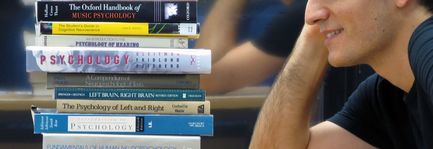
Students will be expected to:
If the degree REQUIRES these things, your personal statement MUST evidence your capability in ALL of these areas.
Admissions tutors look for:
- understand the significant MATHS and SCIENCE content of the course
- show interest in why people and animals behave as they do
- be enquiring, tolerant and open minded
- think scientifically, critically and analytically
- design, carry out and analyse investigations
- interpret experimental data and understand quantitative concepts
- understand theoretical and practical approaches to human behaviour
- draw on a range of subject disciplines
- communicate effectively in a variety of situations.
If the degree REQUIRES these things, your personal statement MUST evidence your capability in ALL of these areas.
Admissions tutors look for:
- “General personality and approach to study, balance of academic work with other interests, maturity, independence and readiness for University life.”
- “Information about readiness for University life is valuable...many students tend to underestimate the degree of independence required, the importance of time management and the nature of the workload they’ll experience.”
Personal Statements
The purpose of the personal statement is to help them find out more about you and your suitability for the courses you are applying for. It is an opportunity for you to present your goals, experiences, skills, qualities and qualifications in the best possible light, as well as to demonstrate your writing ability. Your personal statement provides scope for you to distinguish yourself from other applicants.
When you submit your UCAS application for your chosen course at university, it will usually be read by an admissions tutor. The admissions tutor is usually
The purpose of the personal statement is to help them find out more about you and your suitability for the courses you are applying for. It is an opportunity for you to present your goals, experiences, skills, qualities and qualifications in the best possible light, as well as to demonstrate your writing ability. Your personal statement provides scope for you to distinguish yourself from other applicants.
When you submit your UCAS application for your chosen course at university, it will usually be read by an admissions tutor. The admissions tutor is usually
- a lecturer in the subject - so don't try to teach them what the subject is about, they know it and have dedicated their life to it
- has been promoted to the position of choosing students for their degree course
- recruits the target number of students to ensure the course is financially viable.
| ucas_personal_statements_for_psych_2018.docx | |
| File Size: | 0 kb |
| File Type: | docx |

Books to read for Psych UCAS application
It is recommended that you discuss this with VE, as different books will be useful for different courses and different universities.
It is recommended that you discuss this with VE, as different books will be useful for different courses and different universities.
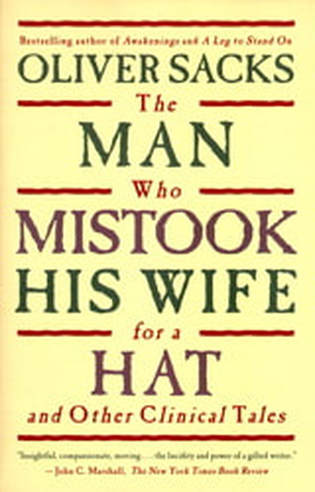
Brophy, K. (2007). We need to talk about Kevin by Lionel Shriver. Melbourne: CAE Book Groups.
Byron, T. (n.d.). Skeleton cupboard - the making of a clinical psychologist.
Davis, O. (2009). Psychology uncovered. Richmond: Trotman.
Dinos, S. and Tsakopoulou, M. (2012). Becoming a Psychologist. London: BPP Learning Media Ltd.
Frith, C. (2013). Making up the Mind. Somerset: Wiley.
Grosz, S. (n.d.). The examined life.
Jericho, J. (1984). Joseph Conrad's Heart of darkness & the secret sharer. Woodbury, N.Y.: Barron's.
Marzillier, J. (2010). The gossamer thread. London: Karnac.
Milgram, S. (2009). Obedience to authority. New York: HarperPerennial, ModernThought.
Mischel, W. (n.d.). The marshmallow test.
Perry, G. (2013). Behind the shock machine. Brunswick, Victoria: Scribe Publications.
Pinker, S. (n.d.). The blank slate.
Ramachandran, V., Blakeslee, S. and Shah, N. (2013). Phantoms in the brain. [United States]: Tantor Audio.
Rymer, R. (1994). Genie a Scientific Tragedy. Harperperennial Library.
Sacks, O. (n.d.). The man who mistook his wife for a hat.
Taleb, N. (2010). Black Swan. New York: Random House US.
Ward, J. (n.d.). The student's guide to social neuroscience.
Wright, R. (1995). The moral animal. New York: Vintage Books.
Zimbardo, P. (n.d.). The Lucifer effect.
Byron, T. (n.d.). Skeleton cupboard - the making of a clinical psychologist.
Davis, O. (2009). Psychology uncovered. Richmond: Trotman.
Dinos, S. and Tsakopoulou, M. (2012). Becoming a Psychologist. London: BPP Learning Media Ltd.
Frith, C. (2013). Making up the Mind. Somerset: Wiley.
Grosz, S. (n.d.). The examined life.
Jericho, J. (1984). Joseph Conrad's Heart of darkness & the secret sharer. Woodbury, N.Y.: Barron's.
Marzillier, J. (2010). The gossamer thread. London: Karnac.
Milgram, S. (2009). Obedience to authority. New York: HarperPerennial, ModernThought.
Mischel, W. (n.d.). The marshmallow test.
Perry, G. (2013). Behind the shock machine. Brunswick, Victoria: Scribe Publications.
Pinker, S. (n.d.). The blank slate.
Ramachandran, V., Blakeslee, S. and Shah, N. (2013). Phantoms in the brain. [United States]: Tantor Audio.
Rymer, R. (1994). Genie a Scientific Tragedy. Harperperennial Library.
Sacks, O. (n.d.). The man who mistook his wife for a hat.
Taleb, N. (2010). Black Swan. New York: Random House US.
Ward, J. (n.d.). The student's guide to social neuroscience.
Wright, R. (1995). The moral animal. New York: Vintage Books.
Zimbardo, P. (n.d.). The Lucifer effect.
|
Further suggestions for UCAS reading are on ‘Oliver’ on the school portal.
Go to http://portal.aldenham.com/Library/default.aspx click on ‘Oliver’. Search using the word ‘evagora’ |
Other Ways to Prepare for Psychology at University
League Tables for Psychology
| psychology_league_table_2019.pdf | |
| File Size: | 362 kb |
| File Type: | |
Choosing a University - Using Predicted Grades
It is worthwhile narrowing down the 169 universities by looking at those which make offers based on your predicted grades. Which? and The Guardian League tables can help you to filter by your predicted grades.
It is worthwhile narrowing down the 169 universities by looking at those which make offers based on your predicted grades. Which? and The Guardian League tables can help you to filter by your predicted grades.
Choosing a University - go to the Open Days
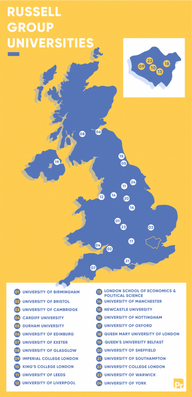
Highly Selective Universities (including Russell Group and Oxbridge)
If you have joined Aldenham's HSU programme and are interested in reading Psychology at University, ensure that you have determined your meeting times with VE and understood what your university challenge is (see the email from EEM).
If you have joined Aldenham's HSU programme and are interested in reading Psychology at University, ensure that you have determined your meeting times with VE and understood what your university challenge is (see the email from EEM).
Oxbridge and Psychology
|
You can download the Black and Gold Guide to the Blue Universities here.
|
| ||||||
|
At Cambridge, there are 2 routes for Psychology:
The proportions of offers to applicants is much more favourable than Oxford. |
However, the most recent league tables for Psychology appear to show that Oxford may be better - see the league tables above.
|
Admissions Tests for Oxbridge
Oxbridge Psychology Interview Questions
are designed to give you opportunity to show your thinking processes. For example:
‘How many monkeys are enough to do psychological research on?’
The interviewers are looking for the interviewee to go through the process of explaining how she would decide this – focus of the research, how this extrapolates to humans, cost-benefit analysis following BPS guidelines, etc.
are designed to give you opportunity to show your thinking processes. For example:
‘How many monkeys are enough to do psychological research on?’
The interviewers are looking for the interviewee to go through the process of explaining how she would decide this – focus of the research, how this extrapolates to humans, cost-benefit analysis following BPS guidelines, etc.
| oxbridge_interview_questions_for_psychology.docx | |
| File Size: | 15 kb |
| File Type: | docx |
Criminology at University




